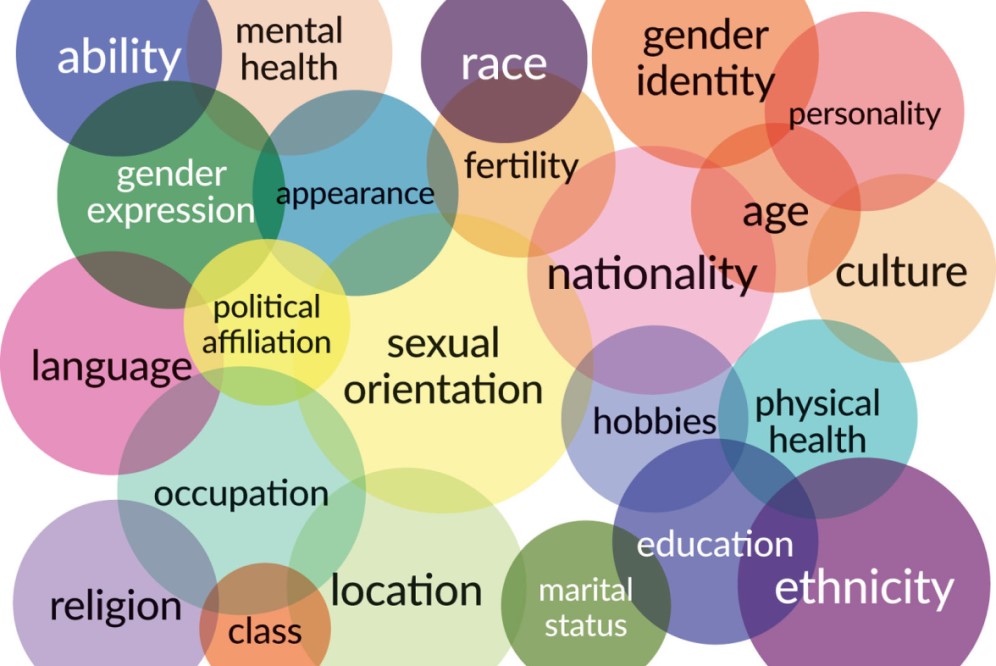
Abstract
Purpose
The papers explores the emergence of an ideological consolidation amidst the theory of intersectionality put forth by Crenshaw and Mohanty’s transnational feminist thought vis-à-vis the thematic concerns of Punjabi immigrant fiction.
Design/methodology/approach
The paper attempts to follow a qualitative approach in terms of uncovering the various facets of Punjabi Diasporic Fiction vis-à-vis reflecting how intersectionality defines the diasporic condition of third-world immigrant women through contextualizing Fauzia Rafique’s text, Skeena.
Findings
The performed study depicts the intellectual consonance between Crenshaw and Mohanty’s theories and how immigrant literature aids Crenshaw and Mohanty’s hypothesis into praxis.
Research limitations/implications
The research majorly focuses upon the works of the Punjabi diaspora and studies the diaspora’s implications while analyzing how the diaspora contributes in rupturing contemporary hegemonic structures.
Originality/value
The paper has been originally drafted through the honest research performed by the author.
Keywords
Acknowledgements
The author wishes to extend sincere gratitude toward the concerned faculty of USHSS to have treated the author’s hypothesis worthy of didactic discussions from which the author gathered the appropriate intel to study the distinct features of Indian diasporic experience. In addition, the author is grateful to UIRC for providing the required digital resources the author needed for consolidating the author’s literary review for this article.
Citation
Bhola, M. (2023), “A tragedy of intersectionality: a study of Fauzia Rafique’s
Publisher
:
Emerald Publishing Limited
Copyright © 2023, Emerald Publishing Limited